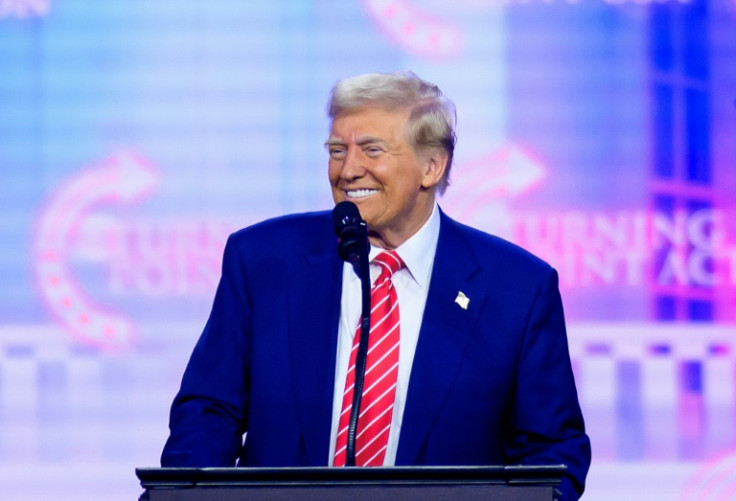
President-elect Donald Trump has repeatedly voiced his intention to take the Panama Canal back under U.S. control over the past weeks. And while some analysts interpret the statements as an attempt to pressure the country into lowering canal fees for U.S. goods, former U.S. officials are warning that the rhetoric could strain relations at a time when China is expanding its influence in Panama and Latin America in general.
The Panama Canal was constructed by the U.S. in the early 20th century and remained under U.S. control until 1999 when it was fully transferred to Panama. Since then, the Panama Canal Authority has managed the waterway, overseeing significant expansions to accommodate larger cargo vessels. The canal is a key global trade hub, particularly for shipments between the U.S. and East Asia.
Concerns over Chinese influence stem from the involvement of CK Hutchison Holdings, a Hong Kong-based company operating ports at both ends of the canal. While publicly traded, the company's links to Hong Kong and China's national security laws have raised concerns that Beijing could compel the company to assist in intelligence gathering, The New York Times explained.
Panamanian officials, however, have dismissed these fears, emphasizing the canal's transparency and accessibility. Deputy Canal Administrator Ilya Espino de Marotta told the outlet that any foreign interference would be easily observable.
Trump's focus on the canal is not new. During his first administration he raised concerns over U.S. Navy toll payments. However, het did not previously mention Chinese influence. Former U.S. Ambassador to Panama John Feeley recalled Trump complaining in 2017 about transit fees but said the issue never escalated into serious concern, even as Panama shifted diplomatic recognition from Taiwan to China.
China has sought to expand its influence in Panama through infrastructure investments, including a canal bridge project under its Belt and Road Initiative. However, some Panamanian officials have resisted deepening ties with Beijing. Ramón Martínez, Panama's former commerce minister, halted a free-trade agreement with the country and scaled back previous business commitments, reaffirming the U.S. as Panama's primary ally.
Despite this, critics of the U.S.'s recent approach argue the country has been absent from major infrastructure bids in Panama, leaving room for China to expand its presence. Giulia de Sanctis, president of the Panamanian Association of Business Executives, noted that Panama often has few alternatives when seeking foreign investment for large projects.
It is unclear how Trump will proceed once he takes office. Rep. Dusty Johnson (R-S.D.), chair of the Republican Main Street Caucus, introduced the Panama Canal Repurchase Act, which would authorize the federal government to negotiate buying back the canal from Panama.
Johnson's two-page bill has 15 Republican co-sponsors, including Rep. Mike Lawler (R-N.Y.) and Rep. Andrew Clyde (R-Ga.), Axios reported. The bill has yet to gain bipartisan support, though some Democrats have signaled a willingness to consider measures that counter China's growing influence in the region, the outlet added.
Rep. Jared Moskowitz (D-Fla.) called U.S. reassertion in the canal a "strategic issue," though he dismissed the notion of military action to achieve such goals. Trump, in turn, refused to rule out the use of military force to achieve the goal.
© 2025 Latin Times. All rights reserved. Do not reproduce without permission.





